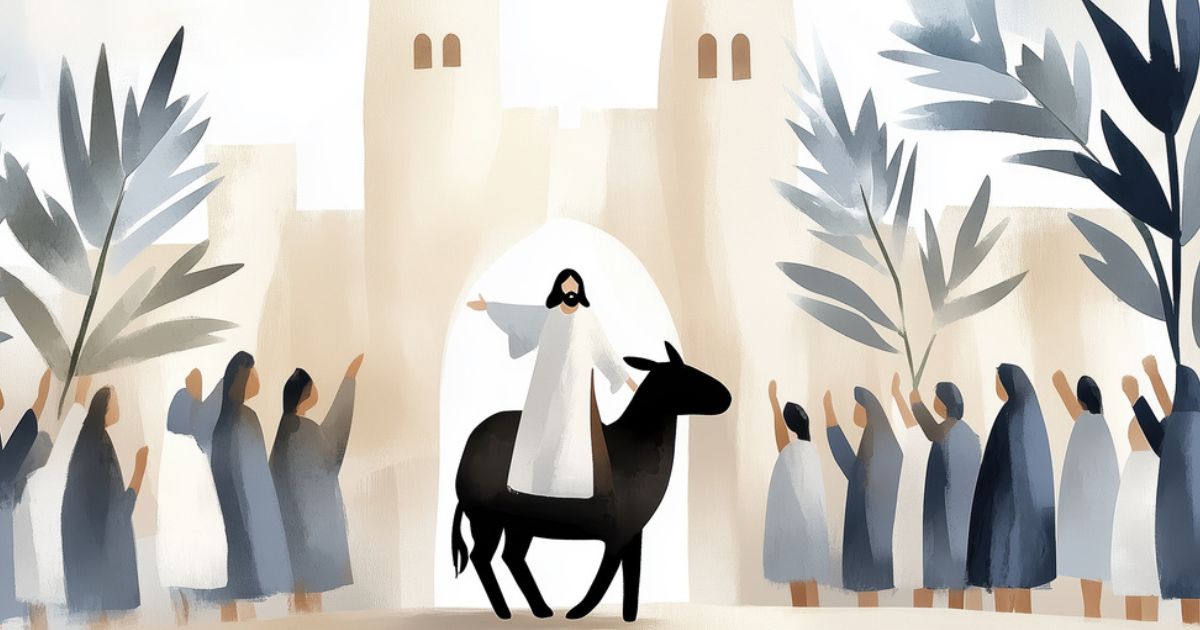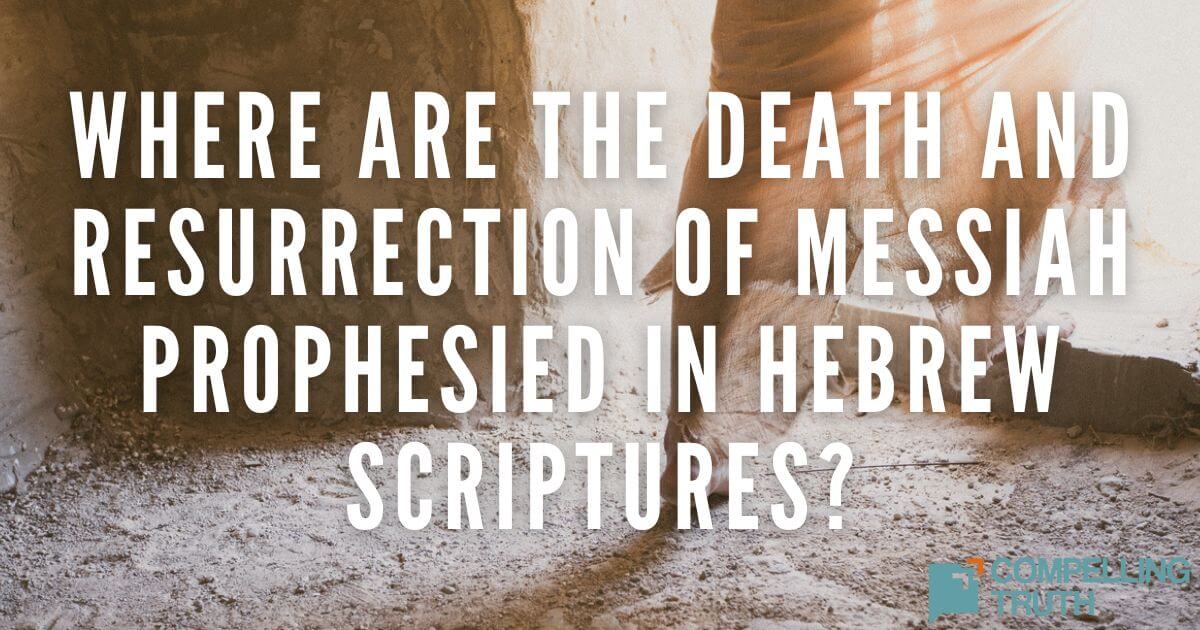what does the bible say?
Messiah means “anointed one” and comes from the Hebrew word mashiach, referring to someone set apart for a special role like priest, prophet, or king. In the Old Testament, leaders such as Aaron, Elisha, Saul, and David were anointed, but the Jews awaited a greater Deliverer to redeem Israel. The New Testament reveals that Jesus is this Messiah, fulfilling all three roles perfectly through His life, death, and resurrection. Jesus’ resurrection confirms that He is the promised Savior who offers spiritual redemption and reconciliation with God. Jesus also promised to return again, establishing His kingdom and delivering His people fully.




